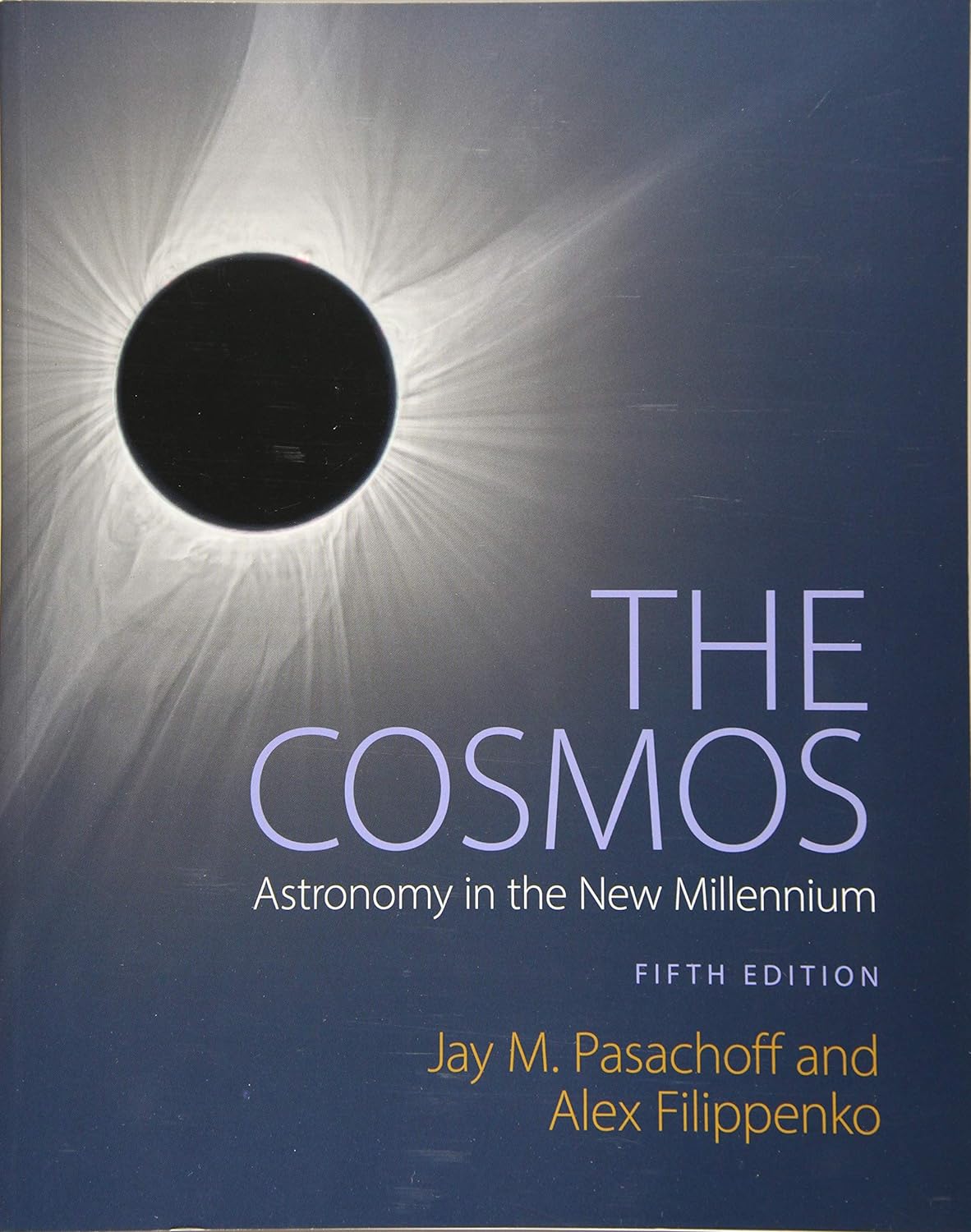Cambridge University Press
The Cosmos: Astronomy in the New Millennium (Revised)
The Cosmos: Astronomy in the New Millennium (Revised)
Couldn't load pickup availability
The fifth edition of The Cosmos: Astronomy in the New Millennium
This book provides you with the fundamentals of astronomical knowledge that have been built up over decades, with an expanded discussion of the incredible advances that are now taking place in this fast-paced field, such as New Horizons' flyby of Pluto, exoplanets, 'dark matter', and the direct detection of gravitational waves by the Laser Interferometer Gravitational-Wave Observatory (LIGO).
Written in a clear and easily understandable style, this textbook has been thoroughly revised to include updated data and figures, new images from recent space missions and telescopes, the latest discoveries on supernovae, and new observations of the region around the four-million-solar-mass black hole at the center of our Milky Way Galaxy.
A rich array of teaching and learning resources is available at http://thecosmos5.com. The website is regularly updated to include the latest discoveries and photographs in the field.
Alex Filippenko is a Professor of Astronomy, and the Richard and Rhoda Goldman Distinguished Professor in the Physical Sciences, at the University of California, Berkeley. He received his undergraduate degree from the University of California, Santa Barbara (1979) and his doctorate from the California Institute of Technology (1984). His primary areas of research are exploding stars, gamma-ray bursts, active galaxies, black holes, and observational cosmology. Filippenko was the only person to have been a member of both teams that revealed the Nobel-worthy accelerating expansion of the Universe. He is one of the world's most highly cited astronomers and was elected to the National Academy of Sciences (2009). Filippenko has won many prestigious teaching awards, including the Carnegie/CASE National Professor of the Year among doctoral institutions (2006). He has appeared frequently on science newscasts and television documentaries, especially The Universe series. He received the Carl Sagan Prize for Science Popularization (2004).
Share


